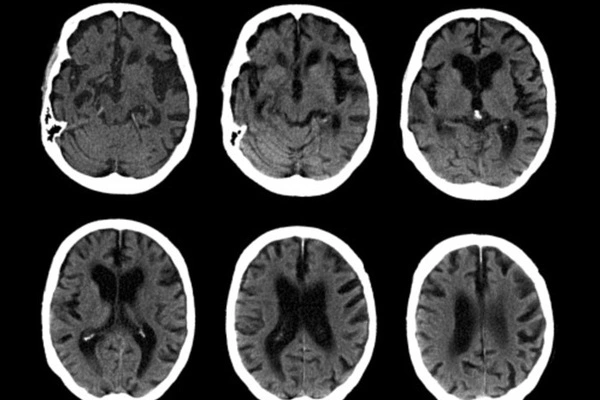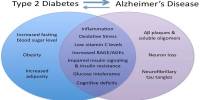Although research has revealed a correlation between chronic stress and Alzheimer’s disease, it is crucial to remember that the relationship is complex and not entirely understood. Alzheimer’s disease is a neurodegenerative disorder that causes aberrant protein deposits in the brain, resulting in cognitive decline and memory loss.
Karolinska Institutet researchers released a study in Alzheimer’s Research & Therapy that looks at probable links between chronic stress, moderate cognitive impairment, and Alzheimer’s disease. The study found that participants between the ages of 18 and 65 who had previously been diagnosed with chronic stress and depression were more likely than others to be diagnosed with mild cognitive impairment or Alzheimer’s disease.
In Sweden, approximately 160,000 people have some type of dementia, with Alzheimer’s disease being the most frequent, a figure that is increasing with our life expectancy. Simultaneously, several novel diagnostic tools and early-intervention therapy have been developed in recent years, emphasizing the necessity to identify additional risk factors for the condition.
Previous research has suggested a link between persistent stress, depression, and dementia. According to the current study, those who have been diagnosed with chronic stress or depression are more likely to develop Alzheimer’s disease.
The risk is still very small and the causality is unknown. That said, the finding is important in that it enables us to improve preventative efforts and understand links with the other risk factors for dementia.
Axel C. Carlsson
According to the study, the risk of Alzheimer’s disease is more than twice as high in patients with chronic stress and depression as it is in people without either illness; in patients with both chronic stress and depression, the risk is up to four times higher.
The chance of having cognitive impairment was roughly the same. A patient is considered to be suffering from chronic stress if he or she has been under stress for at least six months with no prospect for recovery.
“The risk is still very small and the causality is unknown,” says the study’s last author Axel C. Carlsson, docent at the Department of Neurobiology, Care Sciences and Society, Karolinska Institutet. “That said, the finding is important in that it enables us to improve preventative efforts and understand links with the other risk factors for dementia.”

The study was conducted utilizing Region Stockholm’s administrative healthcare database, which covers all healthcare encounters compensated by the region. The study focused on individuals aged 18 to 65 between 2012 and 2013. They identified 44,447 persons with a diagnosis of chronic stress and/or depression and tracked them for eight years to see how many of them were later diagnosed with mild cognitive impairment or Alzheimer’s disease.
A comparison with the other 1,362,548 participants in the age group revealed that more people with chronic stress or depression had also been diagnosed with mild cognitive impairment or Alzheimer’s disease.
“It’s very uncommon for people in this age group to develop dementia, so we need to identify all possible risk factors for the disease,” Dr. Carlsson said. “We show here that the diagnosis is more common in people who have suffered chronic stress or depression, but more studies will be required if we’re to demonstrate any causality there.”
The researchers will now continue their work, creating questionnaires and cognitive tests to aid in the early detection of those at risk of dementia.
















